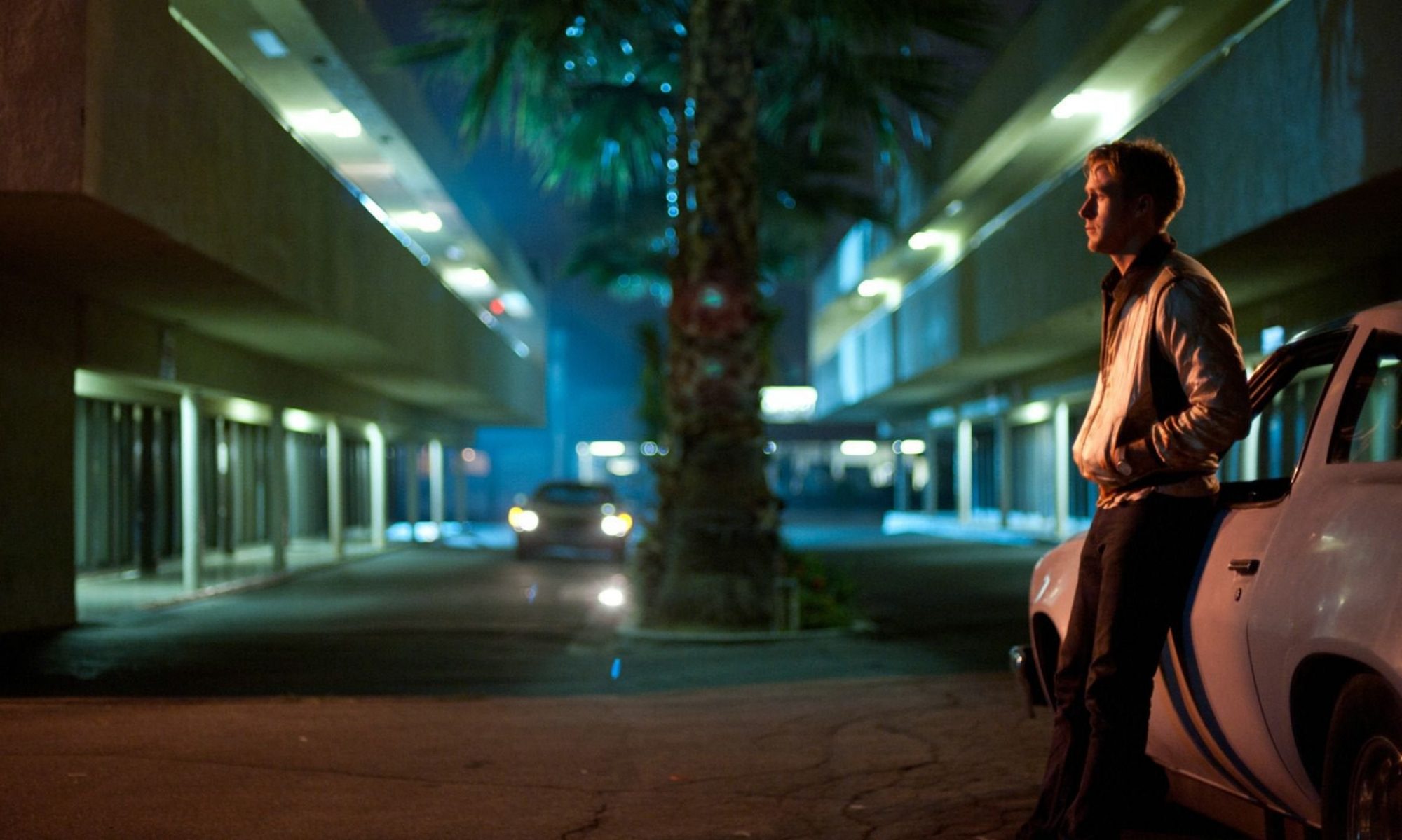Yeah, that title doesn’t exactly roll off the tongue. But anyway, I really enjoyed this particular Boss biopic at the cinema recently, and a big part of that reason was down to its central character’s minimal speech. It also reminded me of another great biopic that doesn’t focus on speech. Me, talking about the power of silence in film? Never.
But there’s definitely something to be said about ‘less is more’ when it comes to the big screen (and the small one, too). I’ve been thinking about the key ingredients for a good biopic since watching this joint. Key ingredients for me, anyway. When I was thinking about how I loved the decision to primarily focus on a certain period in Springsteen’s life and the choice to zero in on his depression, another film that quickly came to mind was First Man. Instead of going for grand epics trying to fly across an individual’s life story, both films focus on a pivotal, existential life experience rather than a full-blown attempt to cover the individual’s whole story. While there are surrounding characters to help hold up the overall narrative, it’s the main guy you’re concerned about.
The moon landing (and the space race in general) was an international phenomenon that had the whole world watching. While Springsteen’s popularity obviously wasn’t at the same level of hype, his career was riding high following his majorly successful tour to promote his acclaimed album The River. But First Man and Deliver Me From Nowhere aren’t interested in the big event. The internal, existential struggle is where it’s at in these joints. Instead of focusing on the seminal Apollo mission, First Man portrays Neil Armstrong’s (Ryan Gosling on top silent hero form) deeply internalised grief when his beloved daughter, Karen, dies after suffering from a malignant brain tumour after a mere two years of experiencing the earth. This inevitably has a deeper connection with me because of surviving a malignant brain tumour after intensive treatments, but it’s also fascinating after reading the chunky source material that inspired the film. The biography’s a good 600 pages, with only a chapter dedicated to Karen ‘Muffy’ Armstrong, but some hero plucked out this emotional nugget and made it the beating heart of the whole film. Neil repeatedly refuses to discuss the loss of his child. The unspoken tragedy is instead filled with an expressive motif and multiple shots of Gosling’s emotive facial expressions. It’s what not said that has all the more impact. Sure, there’s plenty of loud noises as rockets blast off, but it’s the sound of silence that establishes the expressive groundwork.
Likewise for Bruce (played here by the typically charismatic Jeremy Allen White). You get the occasional flashback about Springsteen’s traumatic childhood in relation to his abusive father, but not an overload. For the most part, it’s the long shots as the camera stares at White’s angst-ridden facial expressions that tell us what we need to know. A cheesy, self-explanatory speech wouldn’t get the job done. You know me, you know I don’t like too much of that expository dialogue. But after watching three seasons of The Bear (nope, haven’t got round to the fourth one yet), White’s a boss when it comes to the agonised, unspeaking facial expression. So much more can be conveyed by not saying anything. And Bruce is helped along in the film by manager and producer Jon Landau (another hella, um…strong performance from Strong. This guy should’ve got way more recognition for his role in The Apprentice. For real), who acts as his emotional rock in troubled times. There’s no overladen expository dialogue, and White/Springsteen never opens up about the lingering trauma inflicted by his father. Mystery and intrigue are cultivated by what isn’t spoken. If Gosling/Armstrong provided any lengthy dialogue about Karen, then that sense of mystery goes out the door. Unnecessary speech is replaced by anguished expressions and gestures. When Gosling/Armstrong hears about the death of his colleagues during a failed Apollo mission, he doesn’t say a word, with the camera instead cutting to the smashed glass of wine held in his tense hand. Both individuals channel their existential angst into monumental achievements while hiding their personal trauma. It’s the focus on image and sound in both films that draws in the audience and cultivates meaning.
So. Both of these biopic joints really benefit from the pared down, minimalist performances of their leads. Less is more, more is less. Dig it.
